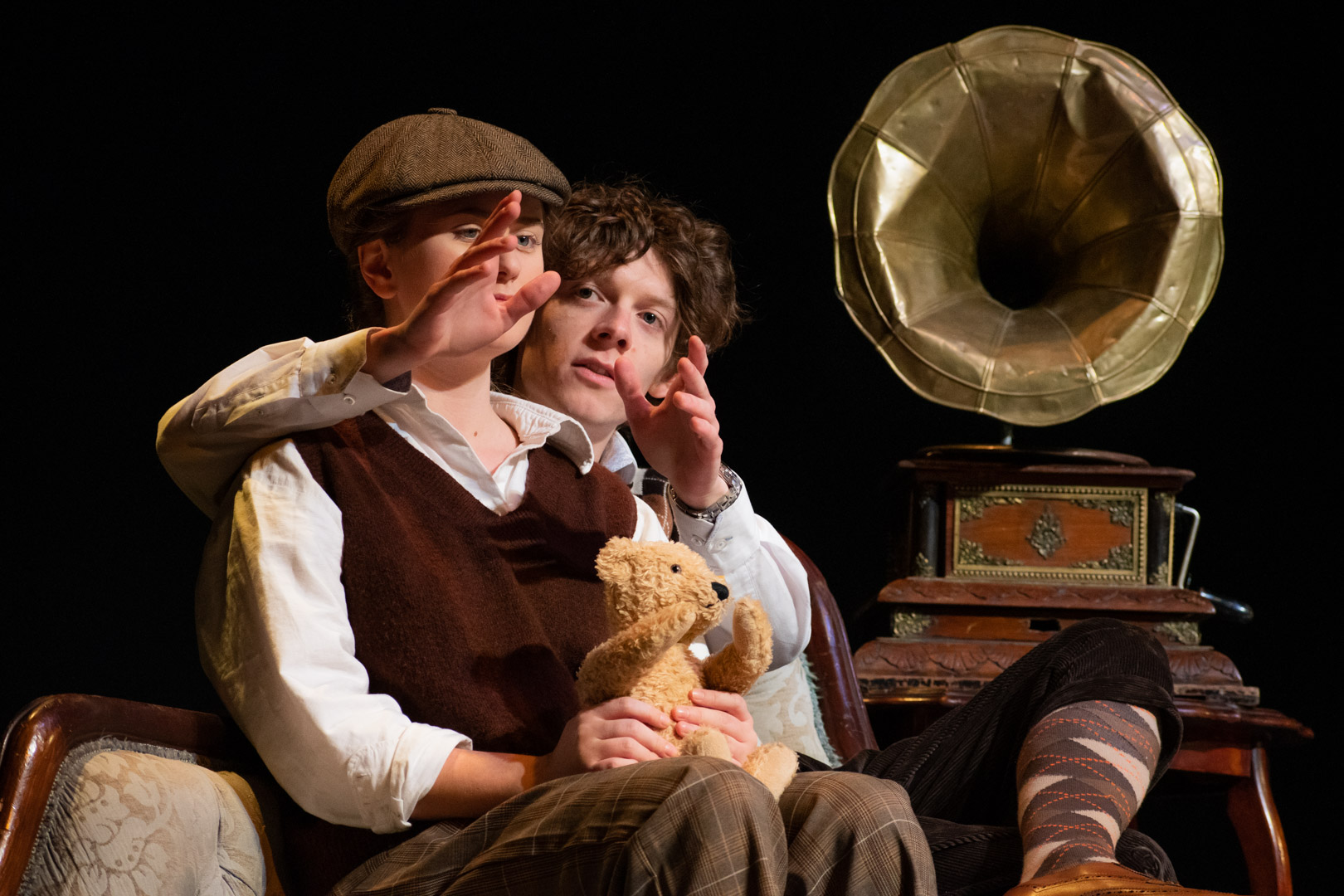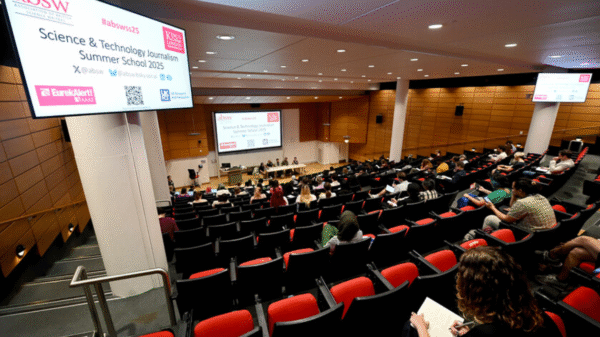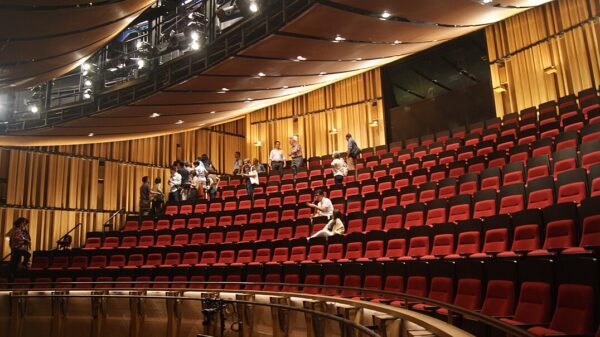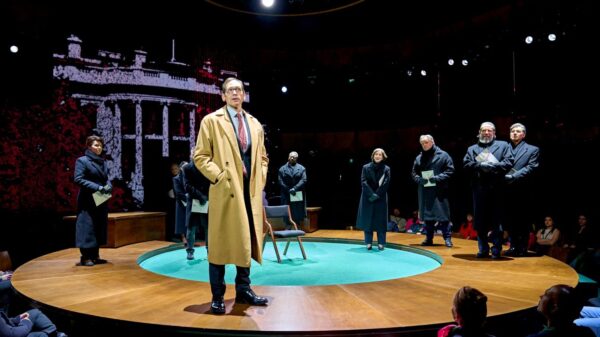Staff writer Meghana Praveen reviews the King’s Shakespeare Company’s successful dark academia twist on “Twelfth Night”.
The King’s Shakespeare Company’s first show of the year ran from 8 February to the 10th at Greenwood Theatre and provided audience members with the right combination of humour and emotion demanded of a production of “Twelfth Night”. The production deviated from a classical one in multiple ways – most notably it went for a dark academia aesthetic. It was also set in the 1920s instead of the Elizabethan era. The choices made brought underlying themes of queerness and class structures to the forefront.
The dark academia aesthetic is one that is intrinsically attached to the queer community. The use of this aesthetic for “Twelfth Night” in particular is a clever choice for our time, as evidenced by the recent popularity of “Dead Poets Society”, “The Song of Achilles” and “If We Were Villains”. In discussion with the director, Jasmine, she revealed that the dark academia setting was pivotal to their depiction of Viola. She explains, “This fashion has been used by many as a form of displaying androgyny and by the queer community as a whole. This ties in integrally to our queer reading of the text and allows the freedom of movement of Viola’s sexual and gender identity throughout the play as a whole.” The aesthetic was well-emulated using recognisable costume pieces such as sweater vests, baker boy hats and argyle print socks.

Photo by Elizabeth Grace.
By setting the play in the 1920s, a period of tumultuous class divide, the underlying theme of class relations in romance is brought to the forefront. Jasmine explains, “The 1920s is a time period that not only fits the play very well but is also incredibly relevant to our current era and the political setting that we live in. The era of excess yet with a dark undertone is something that fits incredibly well within the scenes between Sir Toby Belch and Sir Andrew Aguecheek as they are seen as jovial and raucous (much like the Bright Young Things of the 20s), yet later in the play, they are ruthless to Malvolio and humiliate them in front of everyone in a horrible way. This, again, is somewhat reminiscent of the unfeeling way that the Bright Young Things presented themselves (see the book Vile Bodies by Evelyn Waugh).”
The depiction of camaraderie between Cessario and Orsino was quite endearing. Their meetings were initiated by a comically long and silly handshake and was met by an eruption of laughter form the audience each time. The handshake was also an effective tool in conveying the differences in the nature of the relationships between the two couples, with Viola and Orsino retaining their greeting post-reveal while Sebastian and Viola engaged in a typical hug. Malvoilo’s soliloquy in Act 2 Scene 5 was well-delivered, with the actor conveying his delusion with a remarkable use of body language, portraying his excitement and jumpiness at receiving Olivia’s Letter. This scene garnered an immense reaction from the audience due to this great performance, aided by the reactions of Fabian, Toby, Maria and Andrew in the background.

Photo by Elizabeth Grace.
The actor’s committed portrayal of Andrew was well-received, garnering laughter every time he stepped on the stage. Fabian’s actor was able to capture the audience’s attention with his body language even in scenes where he had no dialogue. The portrayal of Feste was commendably natural, with the actor embodying the character’s spirit and delivering the dialogue in the comical tone demanded of her, all the while being a talented violinist. Feste’s songs being played on the violin, instead of being sung, aided the general dark academia direction of the production.
The lighting and sound were particularly noteworthy during Feste’s solos or transitions between scenes. Feste’s closing song, played on the violin, provided the perfect closure to a chaotic and intense performance, allowing for a period of reflection, aided by the technical team’s great work. Overall, the production was a great success, with commendable commitment form everyone involved.


















